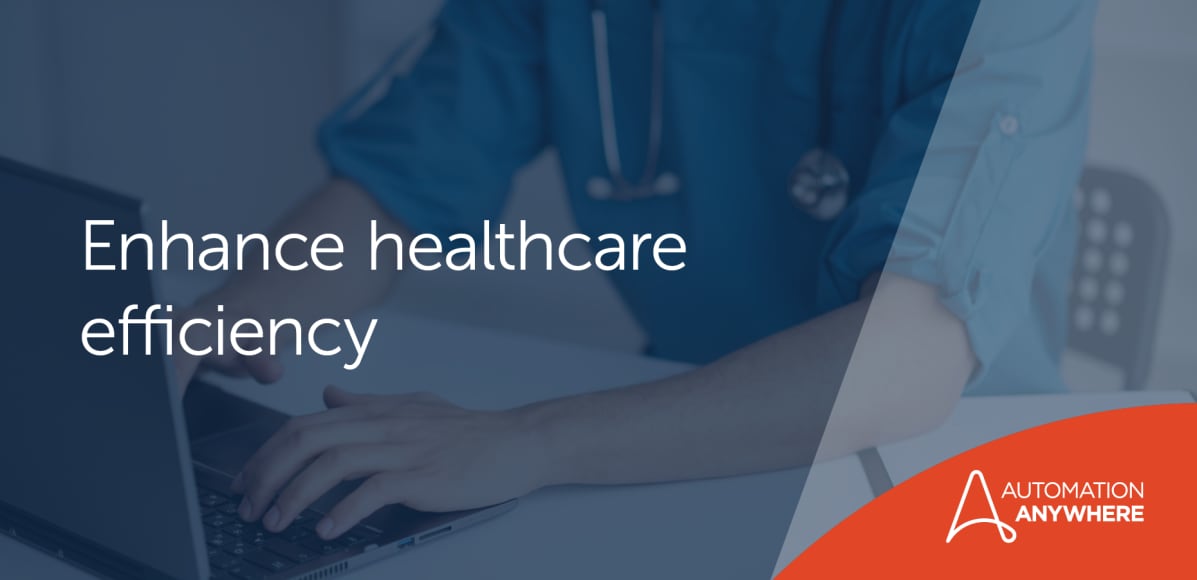- Login
- Search
- Contact Us
-
Have a question? Our team is here to help guide you on your automation journey.
-
Explore support plans designed to match your business requirements.
-
How can we help you?
-
- /AI
AI Without the Hype From pilot to full deployment, our experts partner with you to ensure real, repeatable results. Get Started
- Automation Anywhere AI
-
- Products
Platform Features
- Agentic process automation (APA)
- Robotic Process Automation (RPA)
- View all Products
-
- Solutions
Featured Agentic Solutions
Accounts Payable Invoice automation—No setup. No code. Just results. Learn More
Customer Onboarding Scale KYC/AML workflows. Learn More
Customer Support Keep queues moving, even at peak load. Learn More
Healthcare RCM Revenue cycle management that runs itself. Learn More
- Resources
Get Community Edition: Start automating instantly with FREE access to full-featured automation with Cloud Community Edition.
Featured
 Named a 2025 Gartner® Magic Quadrant™ Leader for RPA.Recognized as a Leader for the Seventh Year in a Row Download report Download report
Named a 2025 Gartner® Magic Quadrant™ Leader for RPA.Recognized as a Leader for the Seventh Year in a Row Download report Download report- Become an Expert
- Developer Tools
- Get Support
- View all resources
-
- Partners
Find an Automation Anywhere Partner Explore our global network of trusted partners to support your Automation journey Find a Partner Find a Partner
- Find a Partner
- For Partners
-
If you like what generative AI and Intelligent Automation have done for the after-visit summary, get a load of what these technologies can do for healthcare revenue cycle management (RCM).
RCM is a perpetual source of frustration for healthcare systems—and for the patients who rely on registration, claim processing, and billing to happen smoothly—but it’s also an area that’s ripe for automation because of the high volume of repetitive tasks and processes.
Generative AI and Intelligent Automation make a great team when it comes to transforming traditional RCM processes. Here are five examples of how these technologies can contribute to more efficient operations, improved patient satisfaction, and stronger financial performance.
Strategic use cases for enhancing revenue cycle management
1. Roll out the welcome mat for new patients. Intelligent Automation can streamline patient registration, scheduling, and insurance verification by seamlessly integrating these processes, which reduces wait times, minimizes errors, and ensures a smooth start to the revenue cycle.
2. Make smarter financial decisions with advanced analytics. Employing generative AI for predictive analytics can help healthcare providers anticipate service demand, understand payer behavior, and tailor financial policies. This foresight allows for more strategic pricing, contract management, and resource allocation.
3. Process claims faster and with fewer errors. By leveraging Intelligent Automation, healthcare organizations can automate the entire lifecycle of claim management, from creation and submission to addressing denials. This not only accelerates reimbursement but also significantly lowers the incidence of billing errors.
4. Put a “human” touch on your patient communications. Generative AI can be used to develop personalized communication strategies for patients regarding their bills and payment options, enhancing the patient experience and improving the likelihood of timely payments.
5. Strengthen your financial operations. Intelligent Automation can streamline payment processing, account reconciliation, and financial reporting, ensuring accuracy and efficiency in financial management practices.
Implementing and measuring success
Healthcare systems beginning to deploy generative AI and Intelligent Automation within their RCM processes should start by completing a clear assessment of current operational challenges and opportunities for improvement.
A few questions to consider include:
Where can automation make the biggest impact? Start with processes that are highly manual, error-prone, and time-consuming. Automating these areas can provide quick wins and build momentum for broader initiatives.
What’s the smallest, fastest experiment you can design to get started? Implement pilot projects to validate the effectiveness of these technologies in specific areas. This approach allows for the refinement of strategies based on real-world feedback before a full-scale rollout.
How can you help your employees gain confidence with new processes? Invest in training and change management to ensure that staff are equipped to work alongside these new technologies and understand the benefits they bring. Many healthcare customers state that learning about Intelligent Automation alone is as important today as learning Microsoft Excel was in the early 2000s.
What metrics are most important for understanding your return on investment? Establish clear metrics for success, including reduced processing times, lower error rates, improved patient satisfaction scores, and positive impact on cash flow and profitability. Monitoring these metrics will help quantify the return on investment and guide further investment in these technologies.
Why now?
Our 2023 Automation Now & Next report found that companies invested an average of $5.6 million in Intelligent Automation in 2023, with 45% also saying they would invest in generative AI-powered automations over the next 12 months.
The health systems that embrace these technologies first will quickly find themselves ahead of the curve, and as the technologies continue to evolve, their potential to drive financial performance and enhance patient care will only increase, marking a new era of innovation in healthcare management.
Transform vital healthcare operations with automation and generative AI.
About Stelle Smith
A senior healthcare sales engineer at Automation Anywhere, Stelle has more than 20 years of experience in the field. He is a subject matter expert on clinical and RCM workflow and is a certified CPC and CCS medical coder.
Subscribe via Email View All Posts LinkedInGet to know the Agentic Process Automation System.

For Students & Developers
Start automating instantly with FREE access to full-featured automation with Cloud Community Edition.



